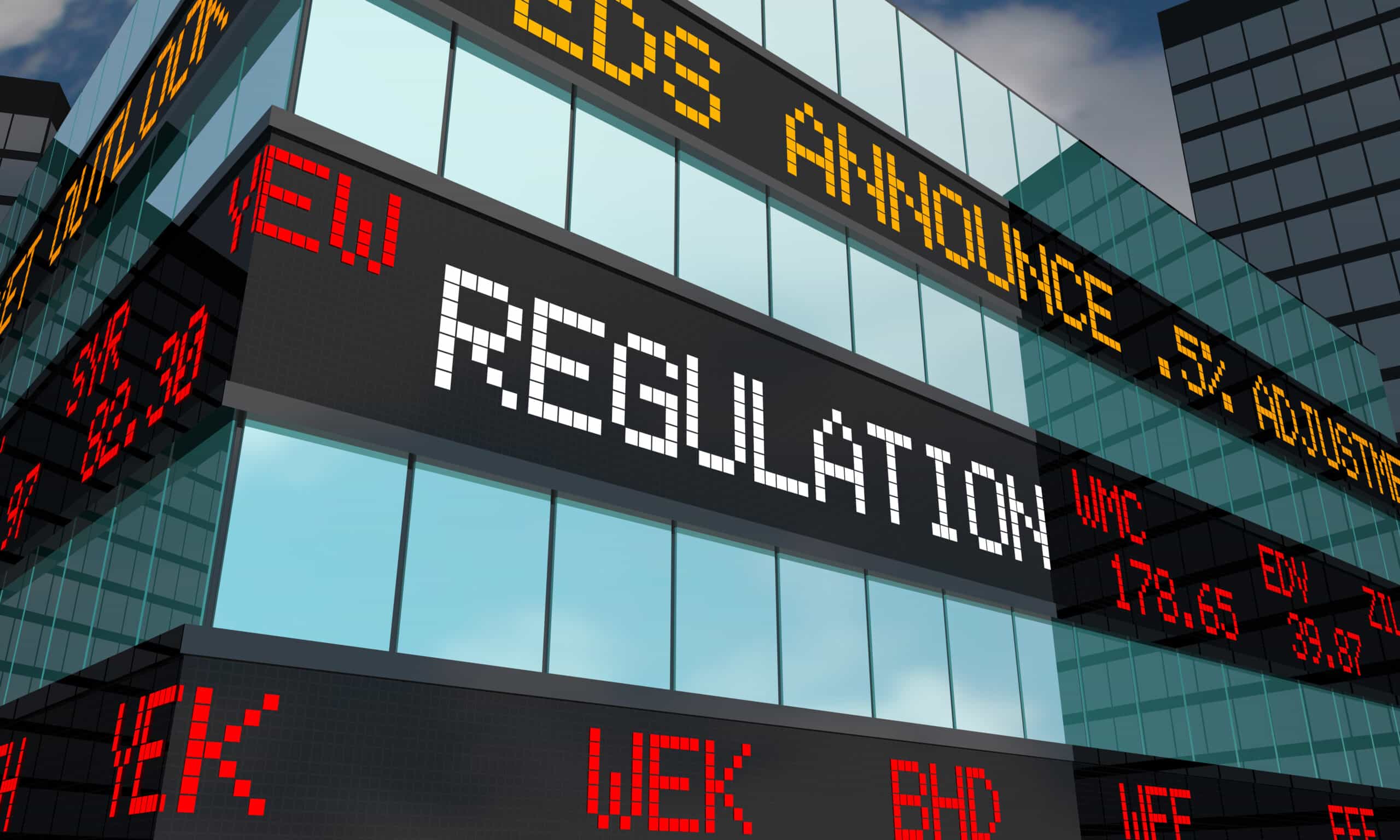SEC’s Peirce Drops Truth Bomb: ’Tokenized Securities Won’t Escape Regulation’
Crypto's favorite regulator just shattered the blockchain brigade's favorite fantasy.
The cold hard truth: Wrapping old-school assets in crypto glitter doesn't magically erase decades of securities law. Peirce's warning shot comes as Wall Street giants keep playing 'blockchain makeover' with everything from T-bills to Mickey Mouse memorabilia.
Why it matters: That tokenized apartment building or vineyard? Still smells like a security to the SEC. The agency's 'crypto mom' made it clear—innovation doesn't get a regulatory hall pass.
The irony: Banks now racing to tokenize assets might actually miss the wild west days of ICOs. At least back then, they could pretend the rules didn't apply.
One thing's certain—when traditional finance and crypto collide, lawyers always win.

Commissioner Hester M. Peirce
Blockchain technology has unlocked novel models for distributing and trading securities in a “tokenized” format. Tokenization may facilitate capital formation and enhance investors’ ability to use their assets as collateral. Enchanted by these possibilities, new entrants and many traditional firms are embracing onchain products. As powerful as blockchain technology is, it does not have magical abilities to transform the nature of the underlying asset. Tokenized securities are still securities. Accordingly, market participants must consider—and adhere to—the federal securities laws when transacting in these instruments.
Sometimes an issuer tokenizes its own security. For example, an operating company or an investment company could tokenize its shares. Alternatively, an unaffiliated third party with custody of securities issued by another entity might, for instance, issue a new tokenized security tied to the securities it holds or may tokenize the “security entitlements” that investors hold against the custodian. Purchasers of these third-party tokens may face unique risks, such as counterparty risks.
Distributors of tokenized securities must consider their disclosure obligations under the federal securities laws and may wish to refer to the Division of Corporation Finance’s recent staff statement on this topic.[1]
Market participants who distribute, purchase, and trade tokenized securities also should consider the nature of these securities and the resulting securities laws implications. For example, depending on the particular facts and circumstances, a token could be a “receipt for a security,” which is itself a security but is distinct from the underlying security held by the distributor of the token. Alternatively, a token that does not provide the holder with legal and beneficial ownership of the underlying security could be a “security-based swap” that cannot be traded off exchange by retail persons. While blockchain-based tokenization is new, the process of issuing an instrument representing a security is not. The same legal requirements apply to on- and off-chain versions of these instruments.
Market participants, as they structure their tokenization product offerings, should consider meeting with the Commission and its staff.[2] When unique aspects of a technology warrant changes to existing rules or where regulatory requirements are outdated or unnecessary, we stand ready to work with market participants to craft appropriate exemptions and modernize rules.
Source: SEC
